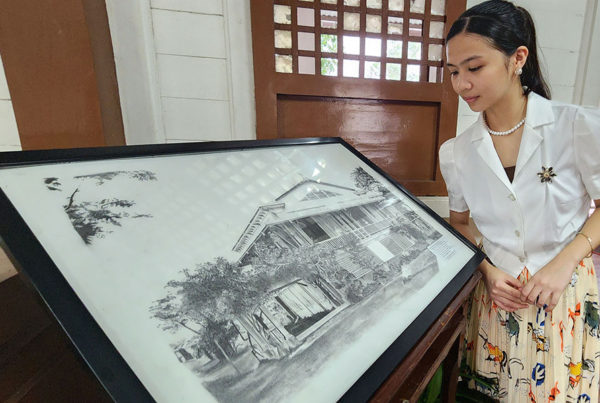Archbishop Soc: Stop Using human embryo for stem cell
MORALLY WRONG
STEM cell research and therapies that use stem cells derived from human embryos or aborted fetuses should be rejected and prohibited.
This is the position preached by Lingayen-Dagupan Archbishop Socrates Villegas in his Pastoral Guidance on Stem Cell Therapy to the members of the Union of Catholic Physicians in the Archdiocese of Lingayen Dagupan.
The guidance was issued last October 18, the feast day of Saint Luke, Physician.
In issuing the pastoral letter, Villegas said he is pleased to respond to the group’s request for moral guidance regarding the medical issue of stem cell therapy.
“Such therapies abet directly or indirectly the practice of abortion… It is not only morally objectionable, it is morally repugnant as the use of human embryo means killing a human being in order to save another human being,” said Villegas, incoming president of the Catholic Bishops Conference of the Philippines.
He added that,” We have always believed that a human embryo or fertilized ovum is a (complete) human being although in its primitive form. Such human being or entity is irreplaceable and is always an end in himself.”
He said caution should be observed with regard to stem cell research and therapies that use plant cells, animal cells, and genetically modified human stem cells.
Villegas said stem cell research and therapies that use adult human stem cells and stem cells from umbilical cord blood are acceptable as long as they are proven safe and are approved by regulating bodies.
HEALTH COST
The Catholic leader also stressed that the high cost of stem cell therapies “should also give us cause to reflect about issues of solidarity and justice”.
“While the restoration of health, alleviation of suffering, and prolongation of life are legitimate human pursuits, the fostering of an individualistic and market-driven system of health care hinders the formation of a society based on compassion and mutual care,” he said.
He said those who provide or procure expensive stem cell therapies cannot remain indifferent to the lack of basic health care among the poor.
Villegas said while the development of effective stem cell therapies is still an ongoing process, the urgent desire of many persons to undergo such therapies for serious medical conditions has led to situations where selfish and misguided interests have exposed vulnerable persons to exploitation and potential health hazards.
“Generally, there is nothing that is morally objectionable with cell therapy. As a matter of fact, any natural healing is a kind of stem cell therapy, as when a torn skin or muscles heals with the help of some other medical or surgical procedure,” he said.–Eva Visperas







